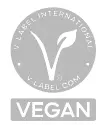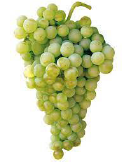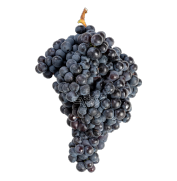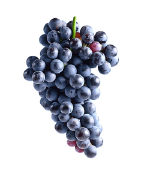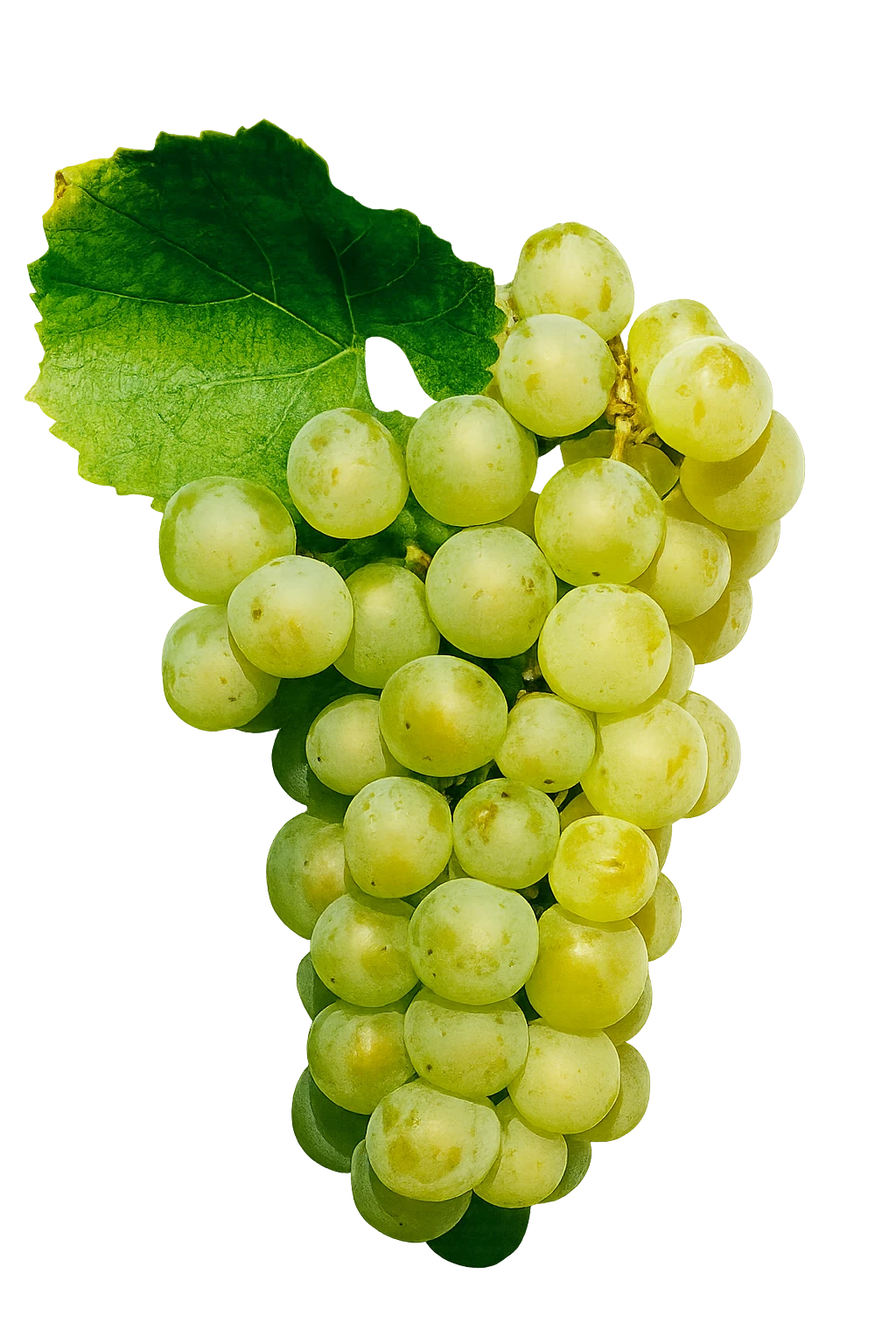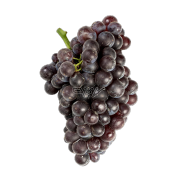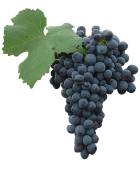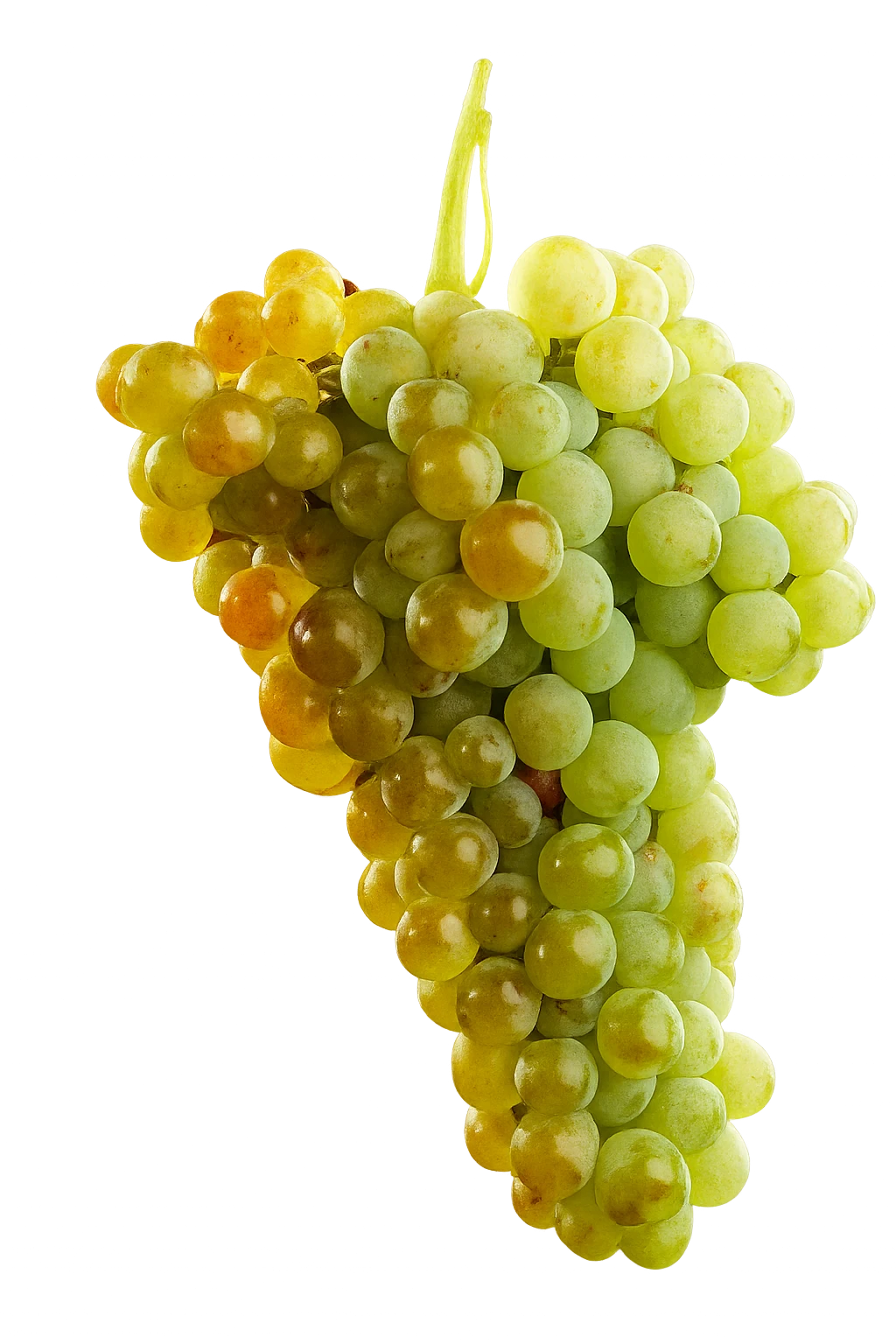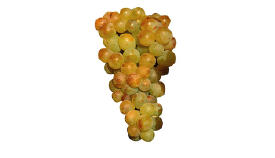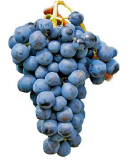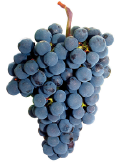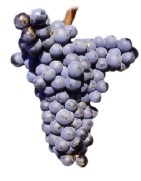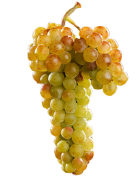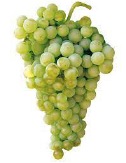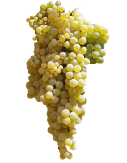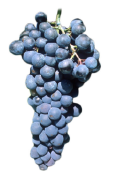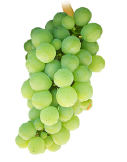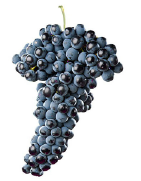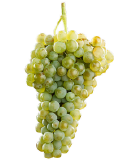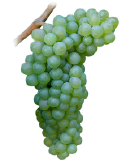At Bodegas Yuntero we cultivate more than 12,000 hectares of vineyards, of which 1,500 are organic and worked by 1,134 partners.
A unique environment in La Mancha.
The Yuntero vineyards are developed in a privileged environment: the “open coves”, soils with a balanced texture and the presence of limestone, ideal for aeration and root development.
Dry summer weather naturally reduces disease pressure, allowing for cleaner cultivation. In addition, we have the support of Aquifer 23, linked to the Guadiana River and the Lagunas de Ruidera and Tablas de Daimiel Natural Parks, which allows us to carry out support irrigation.
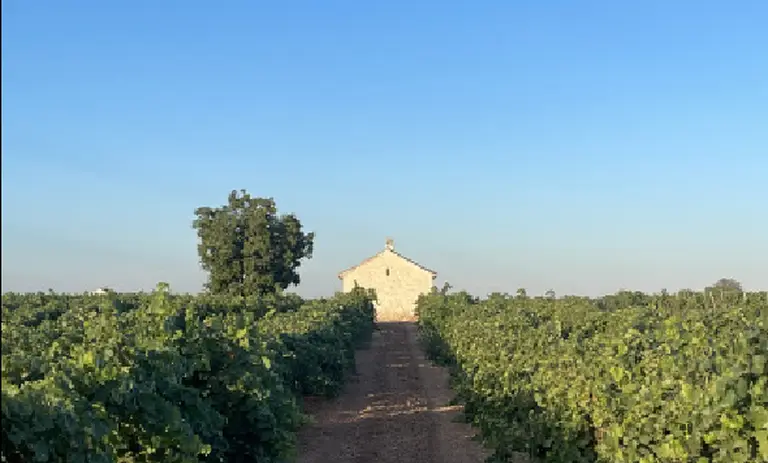
Ecological and sustainable production
Ecological
rentable
Ecological management allows us to obtain superior quality wines while reducing energy costs and, at the same time, enhancing the native character of the varieties.
Less chemicals,
more biodiversity
We replace harmful inputs with effective natural solutions, promoting a healthier vineyard with greater environmental balance.
Climate
and ground in favor
La Mancha's dry summers naturally limit disease pressure. Furthermore, open calcareous and calcareous soils favor the optimal development of the root system.
Innovation
and continuous improvement
Our team applies advanced agricultural techniques to better manage water, optimize resources and maintain sustainability as a principle in each campaign.
Pioneers in Organic wines in La Mancha
varieties
Certifications







